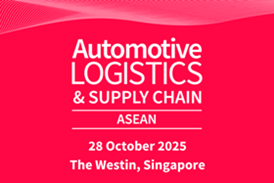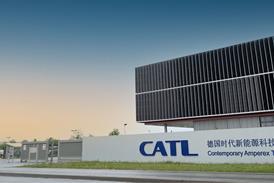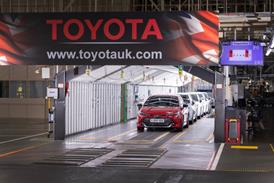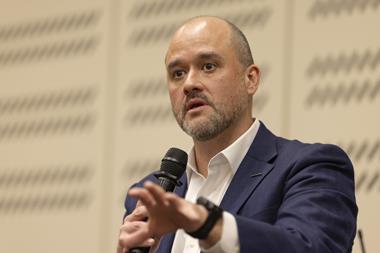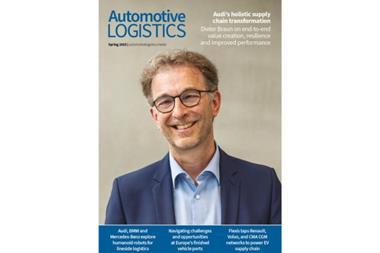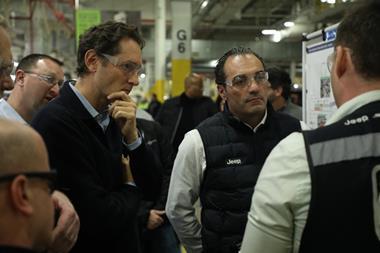
Nissan Motor is cutting its exports from Japan by a third in a new strategy designed to boost domestic sales and reduce the impact of the strong yen, which is hitting the company’s profits.
Currently the yen is staying near a record ¥76.25 against the dollar, strengthening this week even after Japan’s central bank intervened to weaken the currency by selling yen on the market last weak. The currency has risen again following financial turmoil in the markets and a downgrading of the US credit rating by the agency Standard & Poor’s. The strong currency hurts Nissan’s profits for vehicles exported.
Last year Nissan exported 610,000 vehicles, almost 60% of its domestic output, the highest percentage among the top three Japanese carmakers (followed by Toyota at 53% and Honda at 37%) It now plans to raise production for local sales in Japan to 600,000, up from last year’s 460,000.
The company has pledged to maintain production in Japan of 1m vehicles per year.
The company’s executive vice president Hiroto Saikawa said that by selling more vehicles in Japan and building vehicles for other brands under OEM deals Nissan could lower its ration of exports to 40%, though no timeframe was announced.
Nissan recently stated it was moving production of the Rogue SUV to its US plant in Smyrna, Tennessee and will also start production of the Infiniti JX SUV there in 2012. Moving the Rogue will reduce shipments of 100,000 vehicles per year. Nissan is also planning to introduce production of its electric vehicle, the Leaf, to the Smyrna plant from autumn next year. Production of the Leaf will also come to Europe. By 2015 around 85% of Nissan vehicles sold in North America will be built there, according to the company, up from the current level of 69% (read more here).
Yesterday Honda also said that it was looking at possible overseas production locations to replace exports from Japan because of the strong yen. The company’s chief financial officer Fumihiko Ike's told reporters that, assuming a rate of 80 yen to the dollar, the search for an alternative production base was inevitable.











